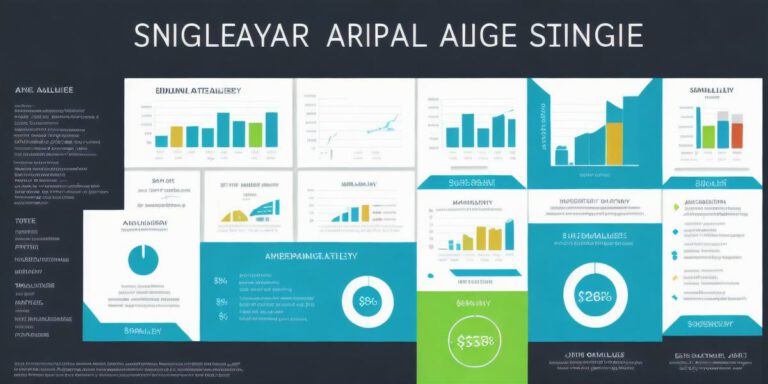Introduction:
Welding is a skilled trade that involves using heat and pressure to join two or more metal objects together. It requires a high level of skill, precision, and attention to detail. As a result, welders are often in high demand and can earn above-average salaries. In this article, we will provide an overview of welders’ salaries, including factors that affect pay, common misconceptions, and tips for negotiating a fair salary.
Factors Affecting Welders’ Salaries:
Several factors can influence a welder’s salary, including their level of experience, education, location, and type of work. In general, welders with more years of experience tend to earn higher salaries than those who are just starting out in the field. Education and certifications can also increase a welder’s earning potential, as employers often prefer welders who have completed formal training programs.
Location is another important factor that can affect a welder’s salary. Welders working in urban areas or high-demand industries such as oil and gas may earn more than those working in less populated areas or other industries. The cost of living in the area where the welder works may also play a role, as salaries may be higher in cities with a higher cost of living.
Type of work is another factor that can influence a welder’s salary. Welders who specialize in working with exotic metals or those who have experience working in hazardous environments may earn more than those who work with common materials or in safe conditions.
Common Misconceptions About Welders’ Salaries:
One common misconception about welders’ salaries is that they are not well-paid. While it is true that some welders may not be highly compensated, many do earn above-average salaries due to the high demand for their skills. In addition, welders often have the opportunity to work overtime or take on additional projects, which can increase their income.
Another misconception is that welders only make money when they are actually welding. In reality, welders may spend time preparing materials, setting up equipment, and performing other tasks that do not involve actual welding. While these tasks may not directly contribute to their salary, they are still important for ensuring a safe and efficient work environment.
Tips for Negotiating a Fair Salary:
When negotiating a salary as a welder, it is important to research the average pay in your area and industry. This will give you a baseline for what you can reasonably expect to earn. You should also be prepared to discuss your level of experience, education, and any specialized skills you have that make you an attractive candidate for the job.
It can also be helpful to bring references or examples of your work to the negotiation. Employers may be more likely to offer a higher salary if they see that you are a skilled and dedicated worker.
Conclusion:
Welders play a crucial role in many industries, and their salaries reflect the high demand for their skills. While there are several factors that can influence a welder’s pay, understanding these factors can help you negotiate a fair salary. Whether you are just starting out in the field or a seasoned professional, it is important to do your research and be prepared to make a strong case for why you deserve a fair compensation.







+ There are no comments
Add yours